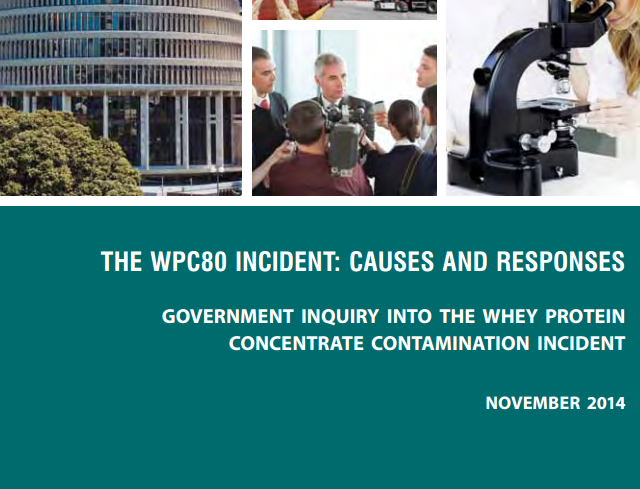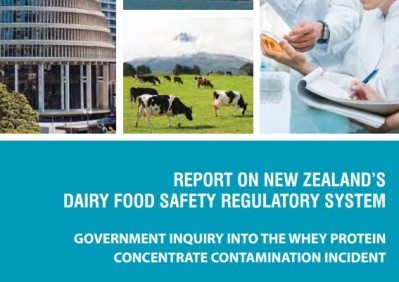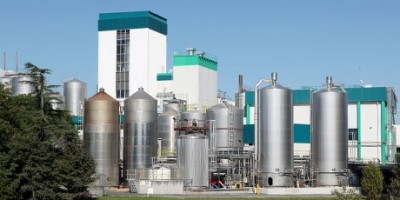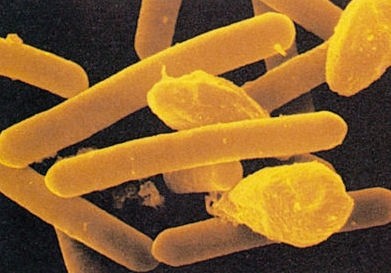WPC botulism scare a food safety 'watershed moment' for Fonterra

Published today, the second and final report from the Government Inquiry into the Whey Protein Contamination Incident claims Fonterra has learned since the incident that food safety cannot be compromised at the expense of production and profit.
New Zealand-based Fonterra issued an alert to eight customers, including Danone on August 2 2013 that three batches of WPC potentially contaminated with botulism-causing Clostridium botulinum had entered the supply chain.
Tests later revealed the contaminant was Clostridium sporogenes, a non-toxic Clostridium strain.
"The incident was a watershed moment," the final report reads.
"Fonterra realised in a most profound way that food safety was the one thing without which it was impossible to achieve any other company priority, whether sales and profits, a sound reputation, strong consumer confidence or a secure future on the world stage."
"With that realisation came a root and brand reappraisal of all facets of its operations. Food safety is now assuming its rightful place in the top tier of Fonterra priorities. The company, however, still has a way to go."
"Seriously deficient"
The first report from the Government Inquiry into the Whey Protein Contamination Incident was published in December 2013.
It concluded that the WPC botulism scare was "not the result of any regulatory failure."
The Inquiry's second and final report, based on a six month investigation that began in May 2014, examines the causes of the incident and the responses of Fonterra and the Ministry for Primary Industries (MPI).
Fonterra's "failure to advise both the Ministry for Primary Industries and its customers much sooner of a potential food safety problem" was among its key findings.
“Having notified the Ministry, Fonterra had no well-prepared (or reviewed or rehearsed) group crisis plan to implement, including crisis communications (particularly in social media)," said the report.
“Fonterra took until 18 August to trace all the affected products, a seriously deficient effort.”
“Fonterra did not effectively coordinate its actions with those of the Ministry, Danone and the Government during the crisis," it added.
As a result, MPI's "response was hampered," it added.
“The Ministry deserves credit for many aspects of its response, but it should have had better-documented decision-making processes, used more rigorous science-based risk assessment, and coordinated better with the industry to avoid unnecessary confusion among consumers and others."
Click here to read the full final report.







